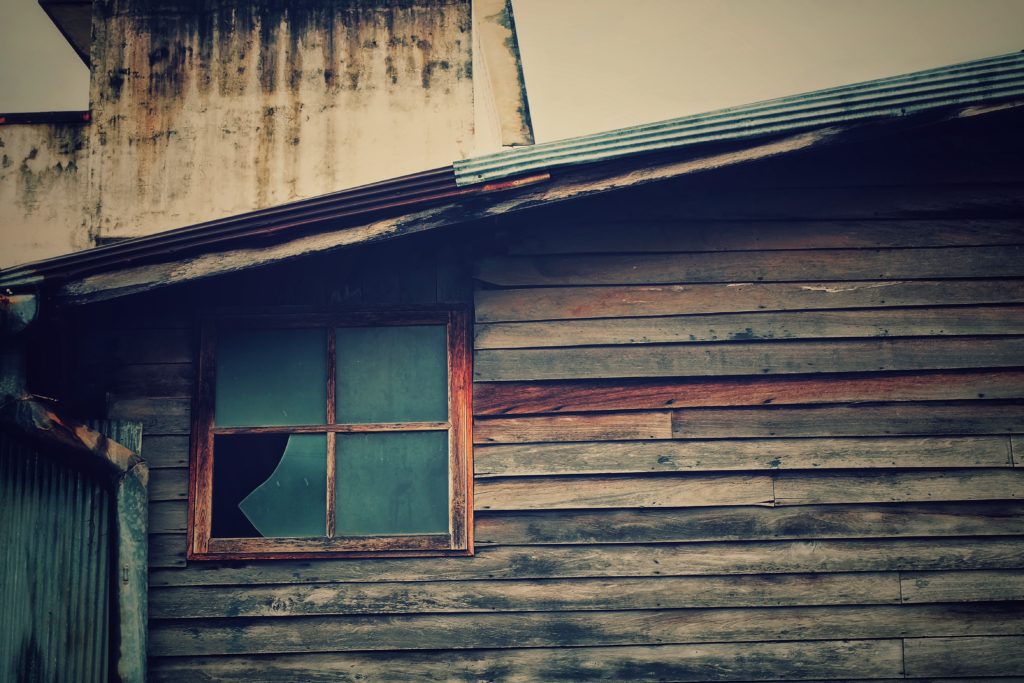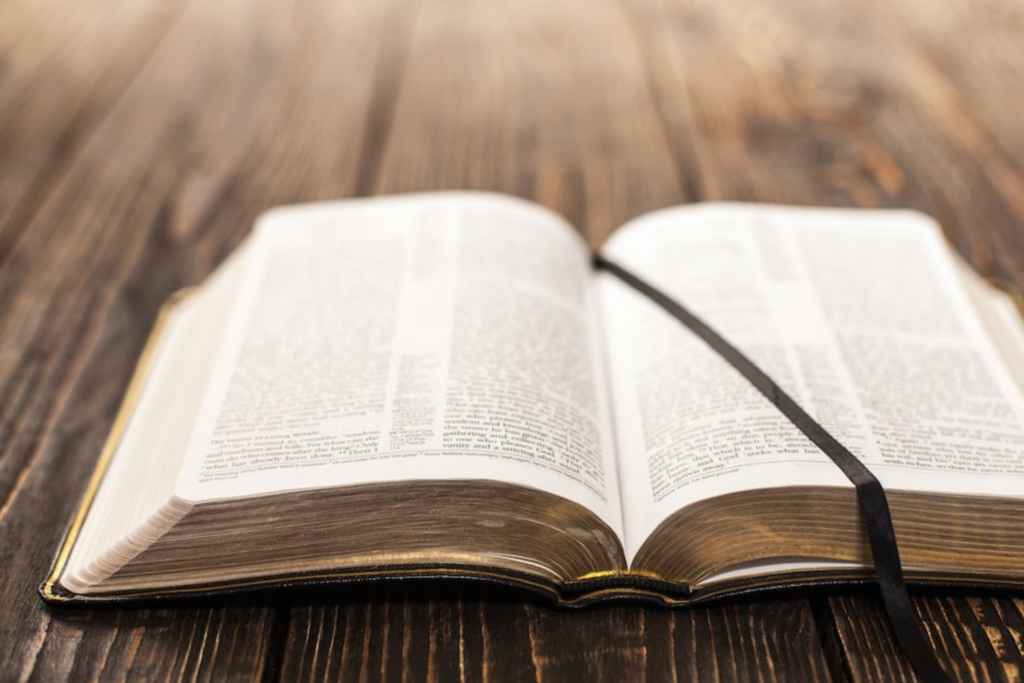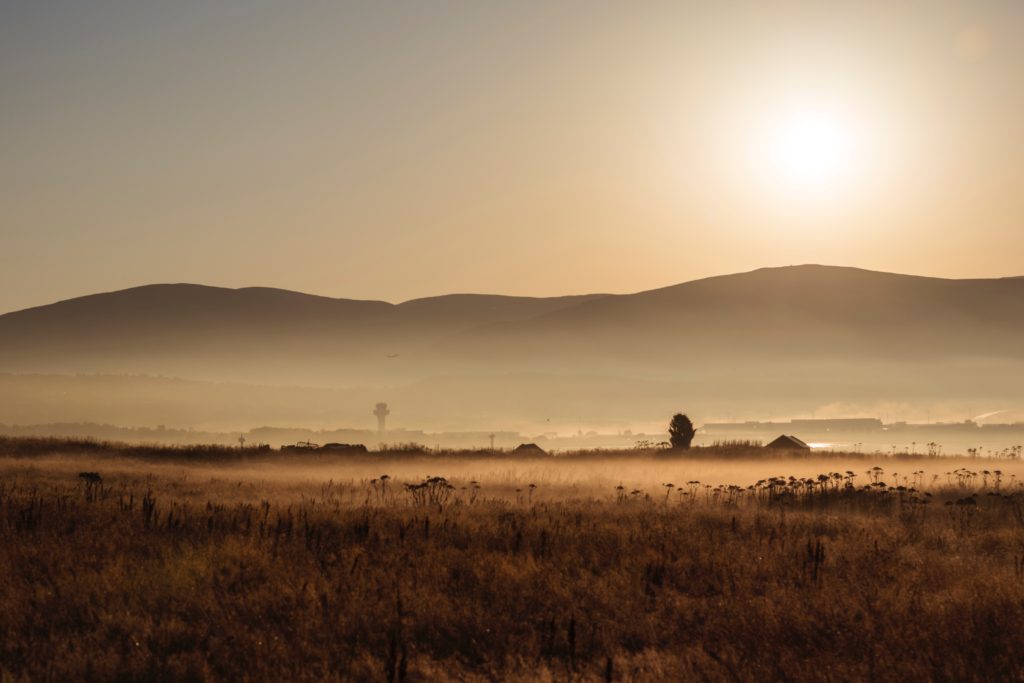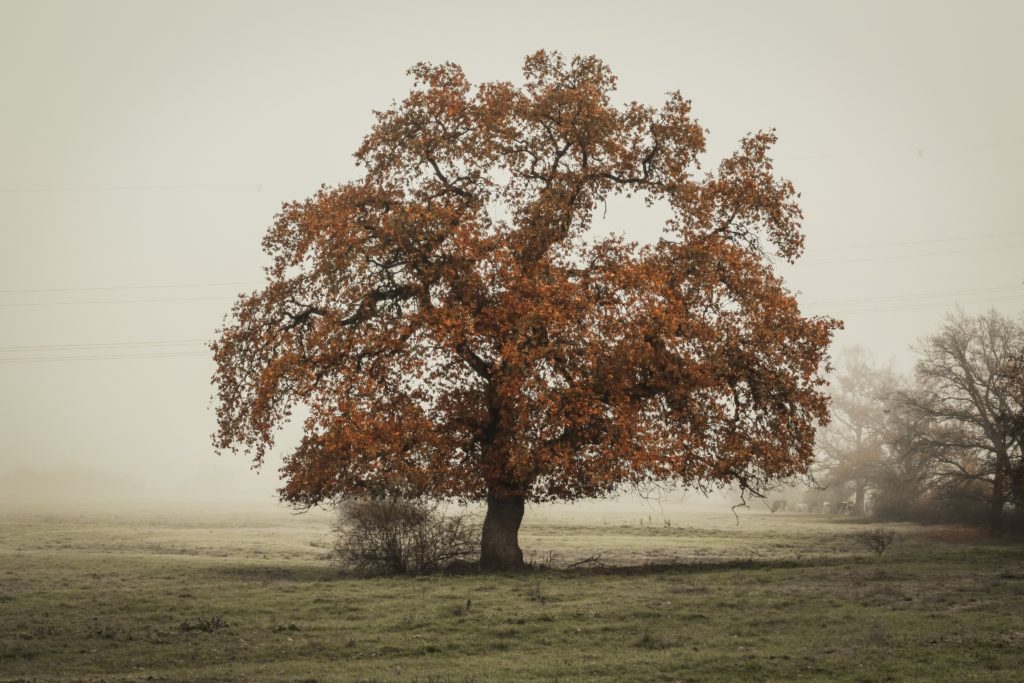 As I was studying Jeremiah 36:1-32, I realized how encouraging this Bible passage could be to aspiring writers and storytellers. Many writers struggle with telling their personal stories, myself included, especially with how much of it to tell. What may help with that is a matter of perspective. Our stories are a vehicle used to tell the bigger story.
As I was studying Jeremiah 36:1-32, I realized how encouraging this Bible passage could be to aspiring writers and storytellers. Many writers struggle with telling their personal stories, myself included, especially with how much of it to tell. What may help with that is a matter of perspective. Our stories are a vehicle used to tell the bigger story.
What’s the bigger story? The redemptive story of God’s love for us.
In writing our stories, we tell God’s grander story over again. We cease to be the main character of our own story. That can alleviate some of the mental and emotional pressure associated with telling our stories.
At some point or another, we’ve asked ourselves if our stories are worth telling and how much of it to tell, and most irking, if we should air our dirty laundry. Every story with a greater purpose is worth telling. And the dirt will always be there. Telling the story of love necessitates it. Being a crafty writer will help with how it’s told.
The prophet Jeremiah was instructed by the LORD to take a roll of a book and write all the words He had spoken to him against Israel and Judah, and against all the nations from the time of the current king’s father’s reign.
I know what you’re thinking! God’s words spoken against Israel, Judah and the nations? How can this story be of encouragement to a writer? Hang tight with me a little longer! God’s hope was that in retelling his words of judgment they would turn from their evil ways so that he could forgive them. God was basically saying, This is what’s going to happen if you don’t stop all the evil you’re doing, but if you do stop, I’ll forgive you.
Jeremiah obeyed and had Baruch the scribe write down all the words God spoke to him. He then instructed Baruch to go and read the words written in the roll to the people in the LORD’s house. Did you catch that? The LORD’s house! He was talking to the people of faith on a fasting day. You know, like the folk going to church who are really not being churchy. Now, non-churchy folks weren’t off the hook either. Baruch was to read it to all of Judah as they came out of their cities. The scope of ears to hear was wide.
After the reading of the rolls to all the people of Jerusalem and to all who came from the cities of Judah, three antagonists surfaced in this story –Michaiah, Jehudi, and King Jehoiakim. Michaiah was the first snitch that went to tell the princes, Jehudi was sent by the princes to fetch Baruch the scribe so he could read the roll to them, and the princes went to the king and told him all that it said. The king had Jedudi fetch the roll and he read it in front of the king and princes.
What did the king do? He had the roll thrown in a fire on a hearth burning before him. And no one was afraid of what had been done. No one flinched at this assault against God’s words.
The story hasn’t ended but I want to share a few points we can take away from this passage in preparation for telling our own stories.
Be obedient to God’s word to you no matter what.
Baruch was asked by the princes, “Tell us now, how did you write all these words—at his instruction?” (v.17) Baruch simply answered, “He proclaimed with his mouth all these words to me, and I wrote them with ink in a book.” (v.18)
It’s that plain. There’s no need to complicate this one. Our story can only take shape when we start telling it. But also let’s be patient with ourselves. It may take us some time to tell our story. Sometimes we have to let the tears run, wait, wipe away the tears, and extract deeper meaning from our experiences. But eventually it should be told.
Let’s trust that he who began a good work in us will complete it if we stay the process of living and telling.
Not all of our words will be hopeful but they can be helpful.
Jeremiah and Baruch were obedient to God’s command to write His words in a roll of a book. Sometimes what needs to be said isn’t pretty but God’s grace always precedes his judgment. In this passage, the judgment had not occurred. It was a warning. That’s God’s grace.
Like God’s words of judgment, our stories will not be told with exclusively flowery, fragrant words. Some of our words will be like picking at scabs. Some may not be ready to hear our words. But for some, our words will be timely and that’s why we need to tell our stories.
Every day that we have lived is a necessary thread in our story. The joys, the births, the sufferings, the deaths, even the dirt and the shame. Let’s not stuff them in our mental or heart closet forever. After we have processed our pains and weaknesses, let’s pull those memories out, dust them off and use them for good.
You will have opposition but you can’t be defeated.
Many will try to silence us in an attempt to subvert our story. This is what happened when the king burned the scroll. The enemy is afraid of the content of our stories because our stories will always have God as the protagonist and the victor. He doesn’t want God to get the glory. But God’s footprints and handprints will be seen in the journey of our lives when we tell our story.
Due to the content of what was written in the roll, the princes advised Jeremiah and Baruch to hide themselves. Sure enough, the king wanted them found but God hid them from the king. The Bible asserts over and over that He is our refuge despite the circumstances around us. Let’s be at peace with our story and the telling of it even when we feel the heat around us.
You will have advocates that will protect your story.
Only three made intercession to the king to not have the roll burned but he refused to listen. Those three were El-nathan (Hebrew: gift of God), Delaiah (Hebrew: freed by Jehovah), and Gemariah: (Hebrew: accomplishment). The meaning of their names alone is inspiring.
But our biggest advocates are God the father, God the Son, and God the Holy Spirit. These three are really all we need. They will inspire us, teach us, and guide us, so that we may tell our stories.
Our stories can be a token of peace or a balm for a troubled or hurting heart. There is not one day in our lives that’s a waste, if we tell it in light of the bigger story.
Never stop telling your story over and over again.
The passage in Jeremiah ended with God instructing the prophet with these words, “Take yet another scroll, and write on it all the former words that were in the first scroll which Jehoiakim the king of Judah has burned.” (v.28) Not only did God ask him to write it again, he even added many like words.
As I was reading this in Jeremiah, it was as if God was saying, Listen, what I told you before stands! Many will try to do away with my word, burn them like the rolls written by Baruch but write them again and I will add even more for you to write.
Our story doesn’t end until God says it ends. As long as we have breath, let’s write it and keep writing it!
 There is an endless cacophony of noise and voices entering our minds and hearts on a daily basis influencing us. Much of that is out of our control. But what if we deliberately chose to sit and hear from God himself.
There is an endless cacophony of noise and voices entering our minds and hearts on a daily basis influencing us. Much of that is out of our control. But what if we deliberately chose to sit and hear from God himself. Abandoned homes are a sore sight – boarded windows, overgrown grass, missing doors. And when a home is abandoned it becomes susceptible to breaches. Obviously this happens because the house is not maintained and looked after. Certain areas become weak over time and simply fall apart, forming entryways for unwanted guests and pests. The damage can be costly and devastating.
Abandoned homes are a sore sight – boarded windows, overgrown grass, missing doors. And when a home is abandoned it becomes susceptible to breaches. Obviously this happens because the house is not maintained and looked after. Certain areas become weak over time and simply fall apart, forming entryways for unwanted guests and pests. The damage can be costly and devastating. As I was studying Jeremiah 36:1-32, I realized how encouraging this Bible passage could be to aspiring writers and storytellers. Many writers struggle with telling their personal stories, myself included, especially with how much of it to tell. What may help with that is a matter of perspective. Our stories are a vehicle used to tell the bigger story.
As I was studying Jeremiah 36:1-32, I realized how encouraging this Bible passage could be to aspiring writers and storytellers. Many writers struggle with telling their personal stories, myself included, especially with how much of it to tell. What may help with that is a matter of perspective. Our stories are a vehicle used to tell the bigger story. I recently attended a meeting at work with two judges, one prosecutor, one defense attorney, and two probation officers. They were telling the federal offender population I serve about a Second Chance program which offers them a support team comprised of the aforementioned individuals who would meet with them every two weeks for about a year and provide guidance and resources to aid their reintegration into society after incarceration. Their allies would be composed of unexpected people.
I recently attended a meeting at work with two judges, one prosecutor, one defense attorney, and two probation officers. They were telling the federal offender population I serve about a Second Chance program which offers them a support team comprised of the aforementioned individuals who would meet with them every two weeks for about a year and provide guidance and resources to aid their reintegration into society after incarceration. Their allies would be composed of unexpected people.

 I woke up this morning, looked out my window and was struck by the blanket of snow covering everything. Pure, milk-colored snow. I was expecting it but when I actually saw it, its beauty captivated my eyes. And it reminded me of God. The way He suddenly changes things in our lives. Suddenly, the waiting is over. Suddenly, the pain is over. Suddenly, hope shoots up like Spring in our hearts. Suddenly, God…
I woke up this morning, looked out my window and was struck by the blanket of snow covering everything. Pure, milk-colored snow. I was expecting it but when I actually saw it, its beauty captivated my eyes. And it reminded me of God. The way He suddenly changes things in our lives. Suddenly, the waiting is over. Suddenly, the pain is over. Suddenly, hope shoots up like Spring in our hearts. Suddenly, God… Meditation Verse: Thus says the LORD, Stand you in the ways, and see, and ask for the old paths, where the good way is, and walk in it, and you shall find rest for your souls. But they said, We will not walk in it. (Jeremiah 6:16)
Meditation Verse: Thus says the LORD, Stand you in the ways, and see, and ask for the old paths, where the good way is, and walk in it, and you shall find rest for your souls. But they said, We will not walk in it. (Jeremiah 6:16) Truth is I’m not a smartphone game app player. In fact, I’ve never downloaded one to my phone. I mean, really. Ain’t nobody got time fo’ dat! Insert smile. I prided myself on holding out on those timestealers but my curiosity got the best of me. Which one did I gravitate towards? Angry Birds, of course. And so have over a billion other users.
Truth is I’m not a smartphone game app player. In fact, I’ve never downloaded one to my phone. I mean, really. Ain’t nobody got time fo’ dat! Insert smile. I prided myself on holding out on those timestealers but my curiosity got the best of me. Which one did I gravitate towards? Angry Birds, of course. And so have over a billion other users. Meditation Verses: By the rivers of Babylon, there we sat down, yea, we wept, when we remembered Zion. We hanged our harps upon the willows in the midst thereof. For they that carried us away captive required of us a song; and they that wasted us required of us mirth, saying Sing us one of the songs of Zion. How shall we sing the LORD’s song in a strange land? (Psalm 137:1-3)
Meditation Verses: By the rivers of Babylon, there we sat down, yea, we wept, when we remembered Zion. We hanged our harps upon the willows in the midst thereof. For they that carried us away captive required of us a song; and they that wasted us required of us mirth, saying Sing us one of the songs of Zion. How shall we sing the LORD’s song in a strange land? (Psalm 137:1-3)